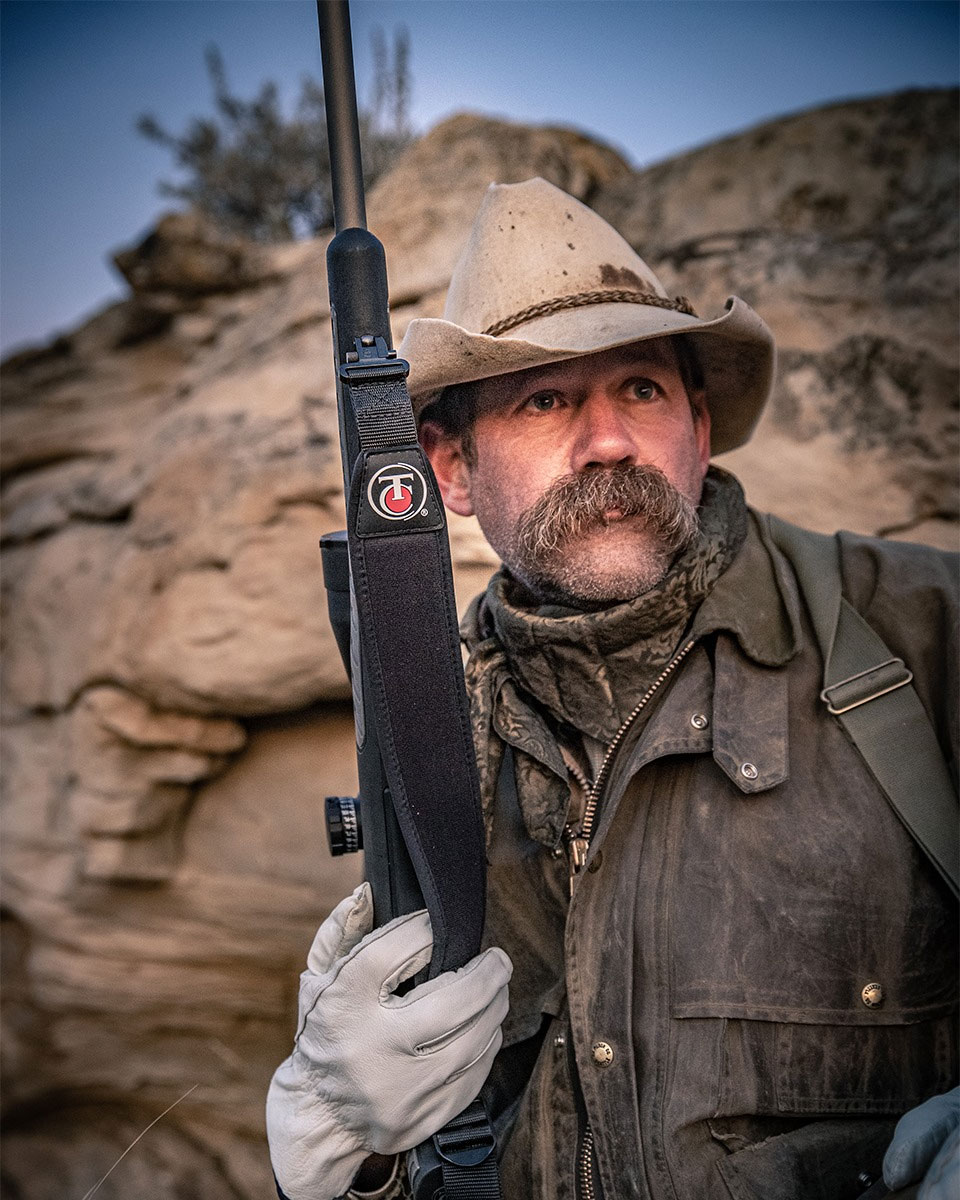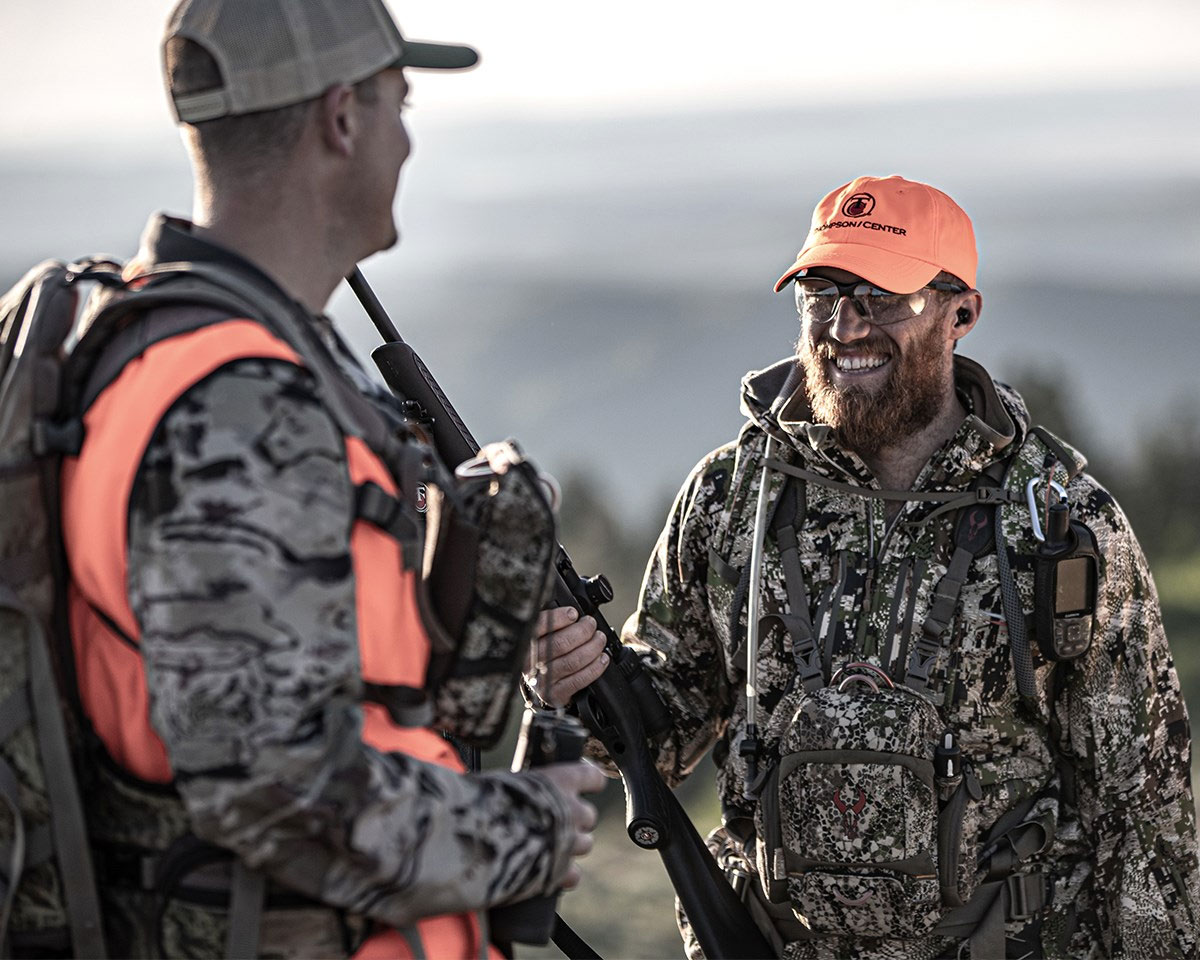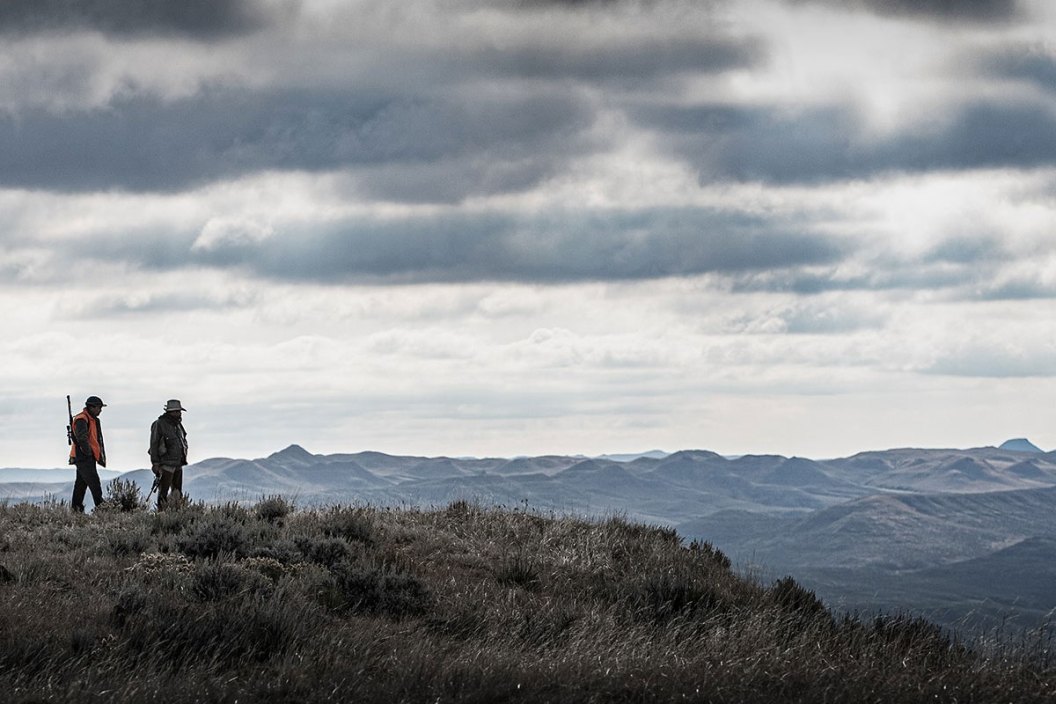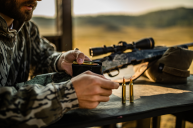Hunting big game can be a pricey hobby. Here's how to lower the costs and still make it worthwhile.
If you want to do it right, big game hunting can be a major commitment. Not only are you spending time and effort, but these days, you're spending a good deal of money no matter what you're after.
Licenses and tags, travel expenses, gear, and post-harvest costs aren't exactly going down in price. If you're trying to pull off the trip of a lifetime and reap the rewards, things like taxidermy and game meat processing aren't getting any cheaper either.
Fortunately, we've been at this for a while and have come up with some ideas that can help save a little scratch for those necessities, and you won't have to sacrifice much at all.
1. Do Your Homework
Simply put, the more research you do ahead of time, the better off your wallet will be. If you jump at the first outfitter you find, how will you know you're getting a good price? If you zero in on one hunt location, what are the chances you're getting the best bang for your buck?
The power of the internet has allowed us to do far more from the comfort of our homes than ever before, meaning you should give each potential hunting trip its due diligence. Make sure you're comparing things side by side and making the best, most informed decision you can.
2. Go With a Trusted Tool of the Trade

Most big game hunts are going to require a significant investment in the form of a firearm or bow. As an educated resource with experience with a variety of firearms, we feel like we'd be failing our readers if we didn't recommend a smart choice in that department. We're pretty certain we've found one.
The Thompson/Center Venture II is the updated version of T/C's best-selling rifle, and when you consider everything it offers, you'll be rather impressed once you learn its price.
The Venture II scores high marks for durability thanks to its corrosion-resistant Weather Shield coating, which fends off the toughest Mother Nature can dole out. T/C's Generation II Trigger System is a two-part piece that helps with accuracy and delivers a best case scenario when you've got an animal in your sights and the pressure rises. Plus, T/C's match grade barrels with 5R rifling grant shooters guaranteed Minute Of Angle accuracy at 100 yards with premium ammo.
As a final piece of insurance, the Venture II comes with T/C's Limited Lifetime Warranty, covering your firearm the way all trustworthy guns should be covered.
With a rifle like the Venture II, you're saving yourself over the course of the gun's lifetime. This is a gun you'll be using for years and at under $600, that means a ton of money saved over time after many successful hunting seasons. That kind of longevity pays dividends across the board.
3. Bring Friends

Hunting is sometimes an activity we like to do by ourselves, but if you think about it, it's equally a hobby best shared with friends.
And if you end up splitting costs for things like gas money, lodging, and outfitter fees, everyone will come out of it in much better financial shape than if you'd pay for everything yourself. It may even open up windows of opportunity to hunts you previously didn't think you could afford.
Besides, how else will people believe your hunting stories if you don't have someone to vouch for you?!
4. Find Used or Hand-Me-Down Gear
Let's face it, the deer or elk aren't going to care if your binoculars were given to you after 10 years of use, or if your camo came from the thrift shop. As much as we like to think the newest and most expensive stuff is automatically the best, that's not always the case.
Some things are worth spending money on, but you can get by with a lot of used hunting gear if you play your cards right.
If you're worried about gear being outdated, just remember: our parents and grandparents didn't have the things we have at their disposal. Some of them didn't have a range finder, use shooting sticks, or wear camo clothing at all, and they still found success in the hunting woods, prairies, and mountains.
5. Try Some DIY

Have you ever boiled a deer or elk skull to make your own European mount? Did you consider putting money towards your own meat processing equipment to rescue yourself from those high bills? Do you think reloading ammunition is a hobby you could get into?
There may be some upfront investments involved, but think about the amount of use you'll get out of it. These are the sort of things we think will add up the savings over time, and you'll earn great experience in parts of the hunting hobby that others never bother with.
Plus, the feeling of satisfaction you get when you do these things yourself is nearly equal to the money you'll save. It's pretty cool to be able to tell people you made your own jerky or created the trophy mount that's hanging on your wall.
Above all, hunting should be an activity that we can enjoy without the stress of running out of money. These tips should go a long way in rewarding you with a truly memorable experience, and still keep your bank account in good enough shape to do it all again next year.
NEXT: IS IT TIME FOR A NEW DEER RIFLE?
This post contains sponsored content.




